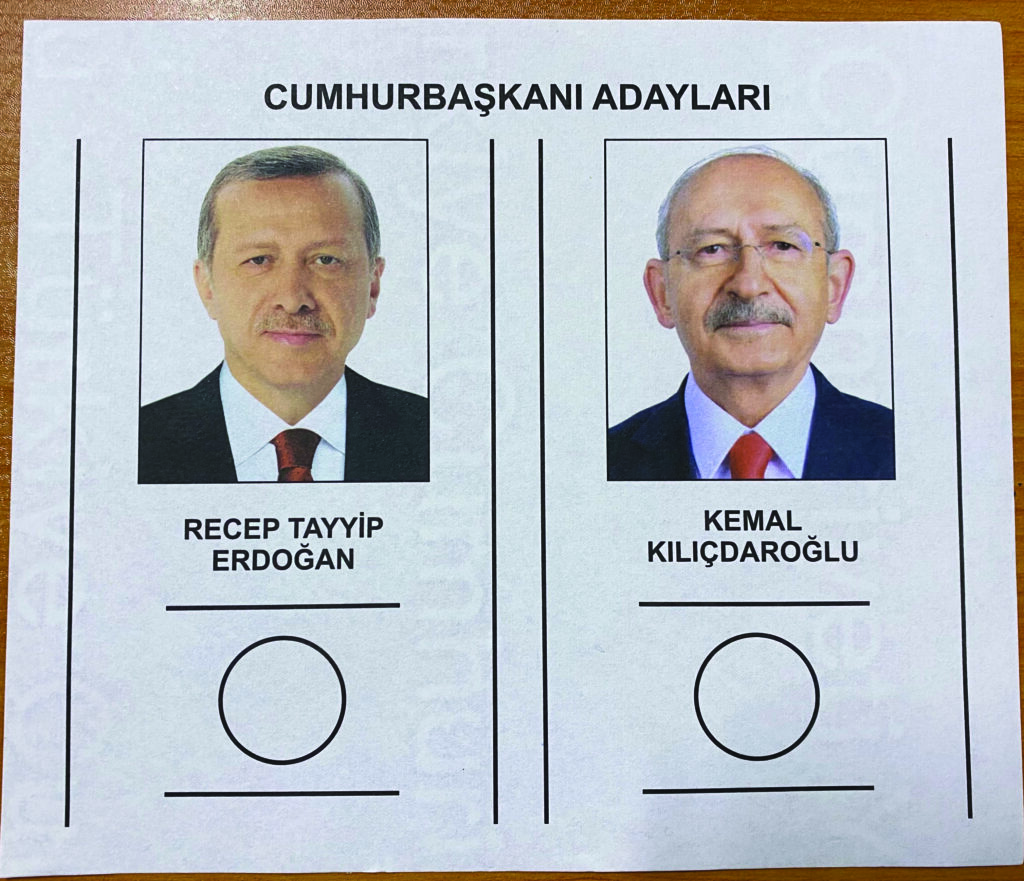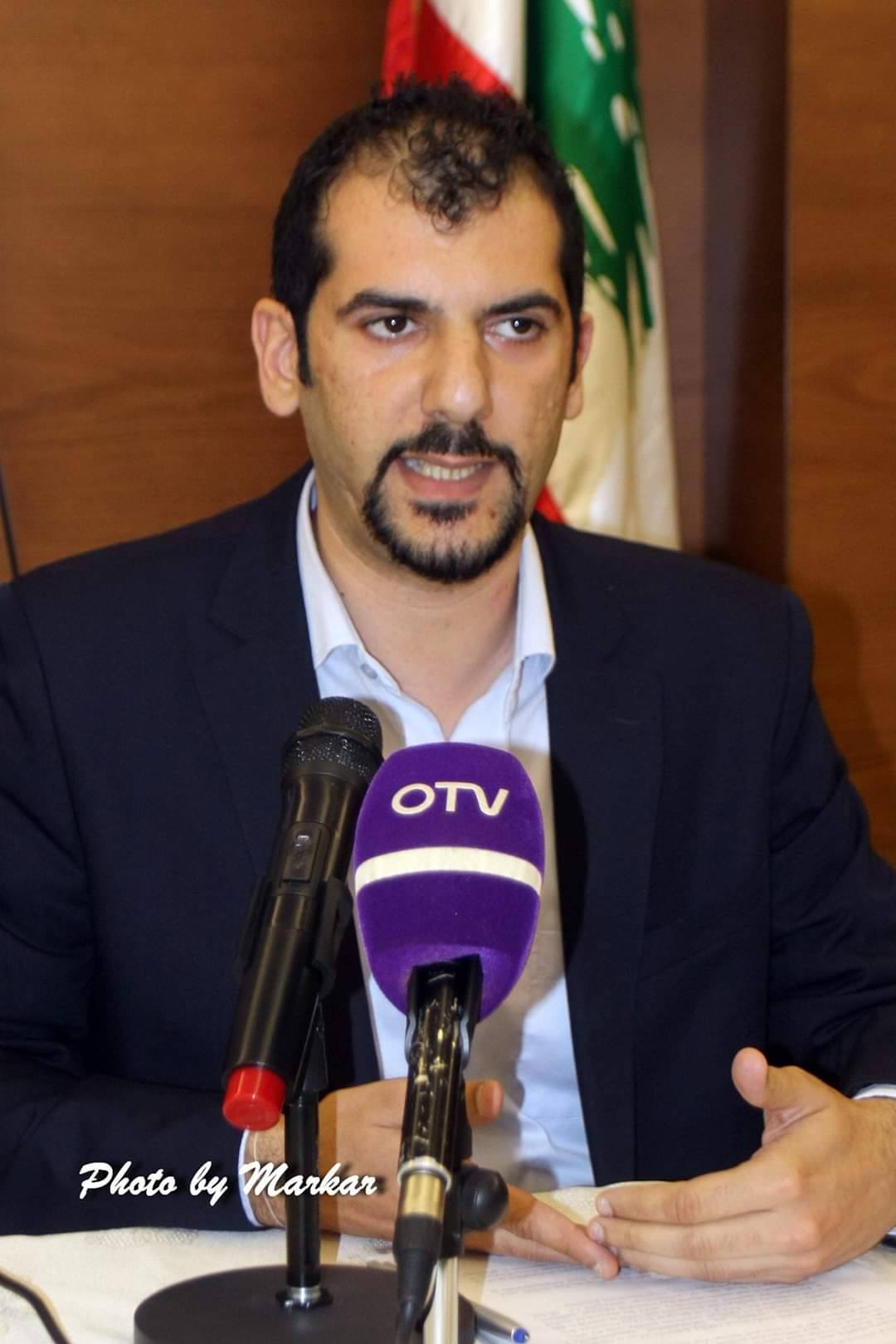
On May 28, 2023, Recep Tayyip Erdogan won the second presidential run-off against opposition candidate Kemal Kilicdaroglu. On his re-election day, President Erdogan congratulated not only the Turkish people but also Azerbaijan and Karabakh, hinting at the importance of Azerbaijan and the South Caucasus for Turkey’s foreign policy. To analyze the impact of the general and presidential elections in Turkey, first we will examine the political background of the new Turkish National Assembly, the impact of the elections on the Middle East and South Caucasus, and what the formation of the new Turkish cabinet may mean to the region.
Turkey’s New National Assembly
Nicholas Danforth, author of The Remaking of Republican Turkey: Memory and Modernity Since the Fall of the Ottoman Empire, in his recent article talks about the symbolism of Erdogan’s victory as it coincides with the 570th anniversary of the Ottoman conquest of Istanbul. But this year is also the centennial of the establishment of the Turkish Republic. Erdogan understood the importance of these dates for the Turkish people and he grasped how effectively they could be welded together. The voting behavior of the majority of Turks shows how symbols and national narratives can transcend financial realities. Erdogan, knowing this fact, concluded his electoral campaign by praying in the Hagia Sophia, the Byzantine cathedral-turned-mosque, and celebrated his victory on May 29 during the 570th anniversary of the Ottoman conquest of Constantinople, now Istanbul.
Moreover, despite the fact that Turkey’s National Assembly now looks more diverse featuring members from 18 political parties, nationalist and conservative forces both from the ruling and opposition alliances now dominate the Parliament. According to Turkish journalist Fehim Tastekin, the electoral results show an increased nationalist-Islamist orientation among the working class and low-income groups in both urban and rural areas.
Tastekin closely analyzes the voting decline of the Kurdish-led People’s Democratic Party (HDP). He argues that the party lost organizational strength amid a crackdown that resulted in the detention of around 10,000 of its members including its leaders. Moreover, many liberals and leftists in Istanbul and other western areas of Turkey who used to vote for HDP now voted for CHP and Kemalists. Another surprise was in Diyarbekir (Tigranagert), HDP’s stronghold, where a Kemalist CHP member was elected as an MP from the district. Meanwhile, Erdogan’s ally the Nationalist Movement Party (MHP) gained 10-percent of the total vote. The main kingmaker was Sinan Ogan, another nationalist leader, from the Victory Party, whose main pledge was to send the Syrian refugees back to Syria. Ogan secured five-percent during the first round of the Presidential elections, and later endorsed Erdogan.
The Cabinet of the “Kings”
On June 3, President Erdogan announced his new cabinet. Hakan Fidan’s and Yasar Guler’s appointments as foreign and defense ministers, respectively, illustrated the importance of Syria for Turkey.
Fidan is one of Erdogan’s closest aides. He headed the National Intelligence Organization (MIT) since 2010, and before that he was an advisor of Erdogan when the latter was a Prime Minister. From 2003-2007 he headed Turkey’s Cooperation and Coordination Agency (TIKA), an international aid agency aiming to spread Turkish soft power around the globe. Fidan, who is of Kurdish background, took part in the secret negotiations with the PKK between 2009-2015. In 2016, in the aftermath of the failed coup attempt, he took the lead in purging Gulenists from the state bureaucracy. Later he cooperated with Israeli, Russian and Iranian spy networks to target Kurdish guerillas. Starting in 2019, he handled the Syrian file and engaged in dialogue with his Syrian and Russian counterparts to resolve the Syrian conflict. For Erdogan, Fidan is the key to normalization with Syria. According to Turkish journalist Ezgi Akin: “As a spymaster, he has engaged in back-channel diplomacy with the nation’s allies and foes across the globe.” It is worth mentioning that upon his appointment as the chief of the MIT, many western and Israeli officials questioned his loyalty towards Turkey’s allies, claiming that he has close relations with Iran and citing the secret Iranian Revolutionary Guard Corps Quds Force file where Fidan has said that “Israel and US must be wiped out.”
The second important appointment is Guler, the chief of general staff of the Turkish army, as defense minister. Guler is replacing Hulusi Akar. The new minister was the military chief during Turkey’s military incursions into Syria in 2019 and 2020, and also conducted military operations against the PKK in Northern Iraq. Guler tried to convince his NATO allies many times to support Turkey’s efforts in establishing a “safe zone” in Northern Syria.
Finally, Erdogan appointed his former spokesperson Ibrahim Kalin as head of MIT. Kalin is seen as one of the closest people to Erdogan. He was one of the founders of the SETA, a government-affiliated think tank based in Ankara, and has led several diplomatic efforts shaping Turkey’s foreign policy, mainly towards the Middle East.
Turkish journalist Levent Kemal, commenting on the announcement of the new cabinet, tweeted: “President Erdoğan’s new cabinet is generally a soft cabinet (in terms of domestic policy), but the appointment of Hakan Fidan as foreign minister and Yaşar Güler as defense minister shows that Turkey’s position on security and foreign policy will not change much. The appointment of Ibrahim Kalin as head of the National Intelligence Organisation (MIT), as reported in the Turkish media, will not change Turkey’s lines on sensitive security issues. Turkey will better balance diplomacy and the field and will be more competitive. Hakan Fidan’s ministry seems designed to make Turkey’s regional negotiations more effective and solution-oriented. Less joint patrols, more results.”
What will be the implications of these appointments on Turkey’s domestic and foreign policy? Will the outcome of the elections give President Erdogan a “green light” for new military interventions against Kurdish groups in Syria and Iraq, as well as a push to expand Turkish influence beyond the region?
Regional Implications
Ryan Bohl, a Middle East and North African analyst at the risk intelligence company RANE said to The New Arab that Turkey after the elections will continue to diversify its foreign policy and distance itself from its traditional western allies. According to the analyst, “Turkey is looking to take advantage of the slow drawdown of US forces and influence in the Middle East. As the world becomes more and more multipolar, Turkey under Erdogan has full intention of becoming a great power in this new geopolitical order.” Moreover, the rift between the West and Russia has provided Ankara with a unique opportunity to assert its diplomatic independence and gain political leverage aiming to balance the two conflicting poles. Hence, Turkey no longer sees itself as a regional bridge, but as a key rising power in a region where both the West and Russia strive to contain each other.
As seen from the recent appointments, Syria is a priority for Turkey. Ankara will engage in rapprochement with Damascus to contain the Kurdish entity in the northeast of Syria. Many analysts argue that Turkey could carry out military operations against the YPG (Kurdish-led ‘People’s Defense Units’). This will be seen as a “win-win” solution for Ankara, Damascus, Tehran and Moscow, where Turkey will aim to destroy the Kurdish political entity on its border, preventing a “spill-over effect” into Turkey. Syria would be happy to see the weakening of the Kurds to force them to surrender to Damascus’ will and give up any autonomy aspirations, while Moscow and Tehran would reach their regional objectives by kicking the US forces from Syria, a key element in their regional geopolitical and geo-economic aims.
The Gulf is the “golden treasure box” for Turkey. According to Sinem Cengiz, a Turkish researcher at the Gulf Studies Center of Qatar University, the Gulf states adopted a “wait-and-see” approach, and given the current atmosphere of regional reconciliation, Ankara will continue prioritizing its relations with the Gulf. The analyst argues that relations between Turkey and the Gulf have a personal background where Erdogan has used personal relations to engage in the power of personal diplomacy. Cengiz argues that it is expected that Erdogan will soon visit the Gulf and Egypt will sign new trade relations to boost Turkey’s domestic finance and economic position in the region.
Finally, the South Caucasus is another priority for Turkey as it is the main arena to push its political and economic influence beyond its borders. Starting on May 14, the first round of presidential elections, the Azerbaijani President and officials congratulated Erdogan. President Ilham Aliyev called Erdogan and congratulated him “for winning the majority vote in presidential and parliament elections” (AKP and its allies won 322 of the 600 seats in the National Assembly). On June 4, Azerbaijan’s Foreign Minister Jeyhun Bayramov had a telephone conversation with Fidan, and both ministers discussed regional issues. Azerbaijan’s FM also invited his Turkish counterpart to visit Baku. This clearly shows that both countries will continue exerting pressure on Armenia so that the latter makes additional concessions in Artsakh (Nagorno Karabakh) and allows for an extraterritorial route in Syunik connecting Azerbaijan to Nakhichevan and Turkey.



Be the first to comment